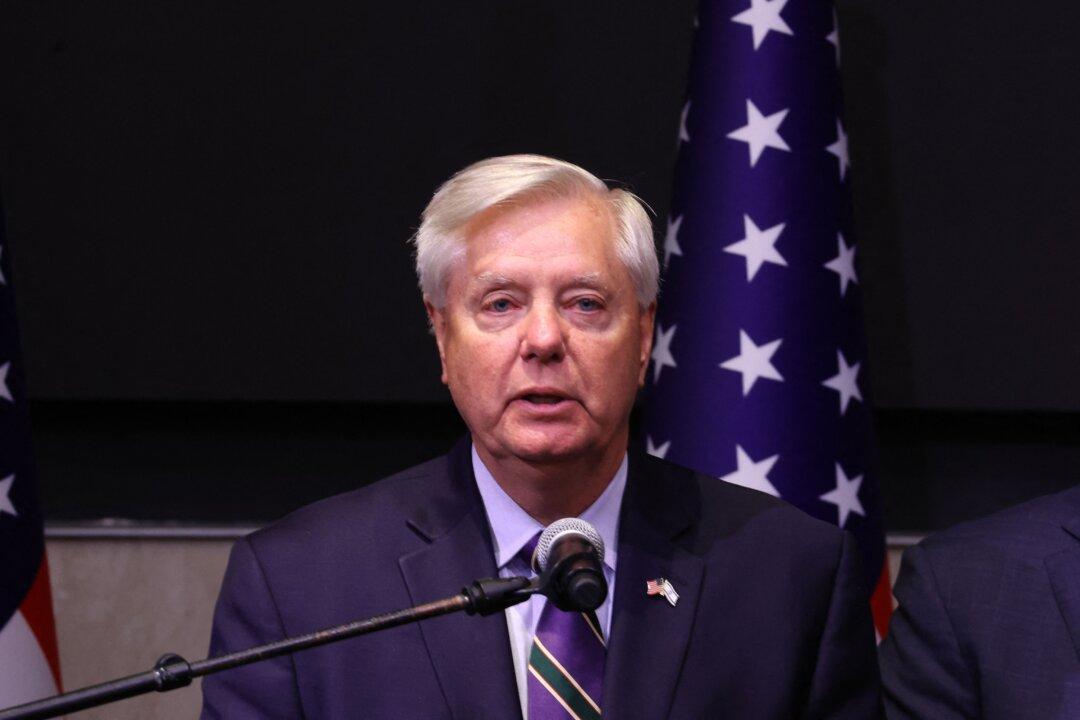Sen. Lindsey Graham (R-S.C.) said he would prepare “pre-invasion sanctions from hell” if China’s communist regime takes action to annex Taiwan.
Mr. Graham made the comment in response to an NBC report that Chinese Communist Party (CCP) leader Xi Jinping told U.S. President Joe Biden that Beijing will “reunify” Taiwan with mainland China through peaceful means and that the timeline has yet to be decided.




